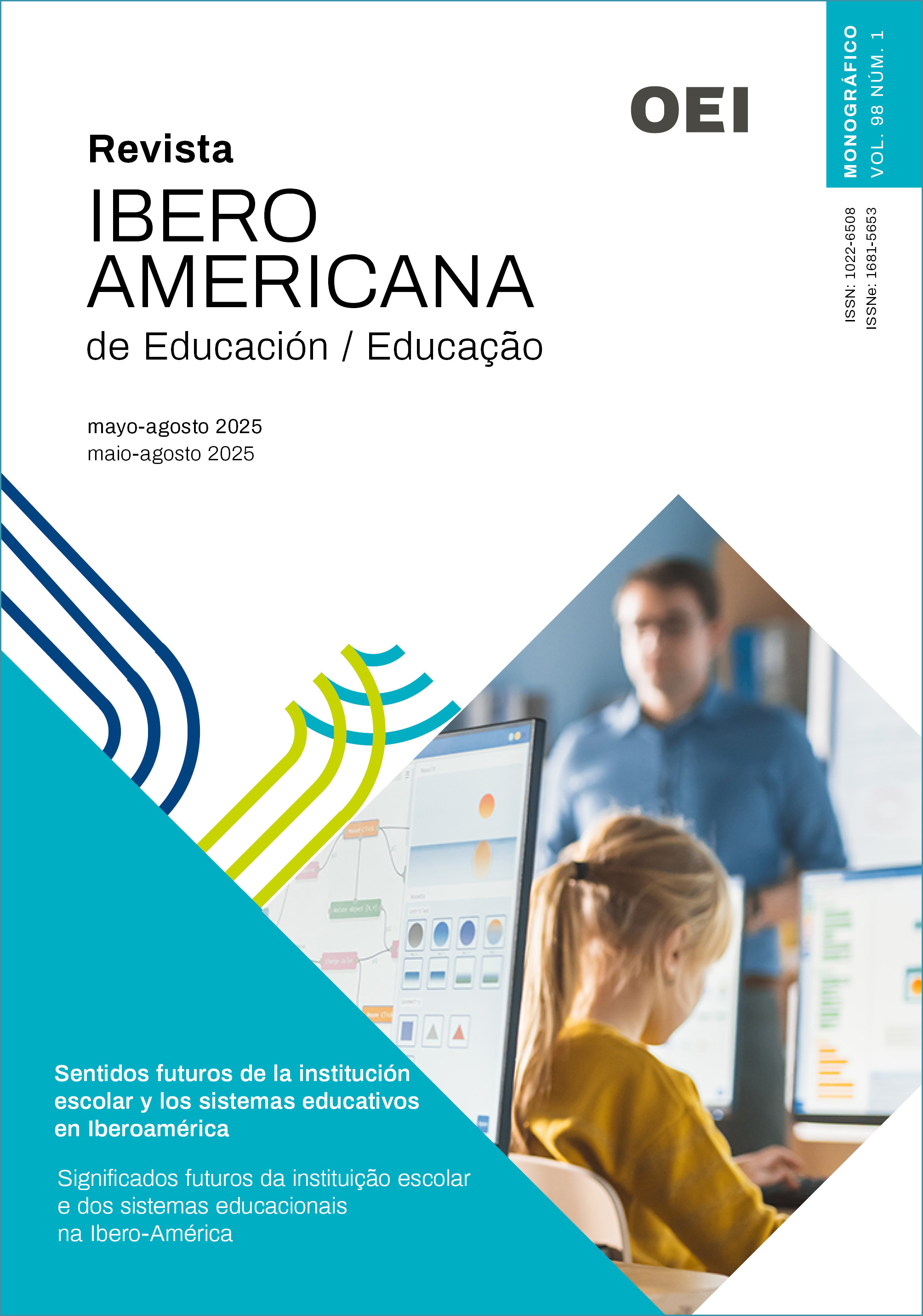School Prospective as the Artificial Intelligence is incorporated
DOI:
https://doi.org/10.35362/rie9816781Keywords:
artificial intelligence, education, students, educative technology, digital breachAbstract
Education today has been involved with different accesses to Information and Communication Technologies, overwhelmed by the insertion of large amounts of computer equipment that have needed to find how to dispose of them due to obsolescence. In this interim, Artificial Intelligence (AI) makes strong noise in school spaces, some universities have banned its use in classrooms, although, over the months, they have understood that they are a possibility to incorporate new routes to access knowledge and reconfigure what has been conceived of AI. The route that schools currently follow highlights the digital breach, since the schemes with which they access their use are marked by the formation that their members have. In this sense, the curricula need to constantly adapt to incorporate new ways of solving education, this marks the route with which AI will be inserted in educational spaces in the future. Initially, they will strive to join the academic discussion, which marks them as an unwanted object for the critical training of their students. From there we start the discussion of this article.
Downloads
References
Asociación de Internet MX (2024), 20º Estudio sobre los hábitos de usuarios de Internet en México 2024, Asociación de Internet MX. bit.ly/437p7HZ
CONEVAL (2022), Medición de la Pobreza, Pobreza en México, Consejo Nacional de Evaluación de la Política de Desarrollo Social (CONEVAL). https://bit.ly/4mrY7KY
Delors, J. (1996). La educación encierra un tesoro. Librería Correo de la UNESCO
Elias, N. y E. Dunning (1992). La búsqueda de emoción en el ocio. En Elias. N y Dunning, E. Deporte y Ocio en el proceso de la civilización. Fondo de Cultura Económica
García-Aretio, L., M. Ruiz y D. Dominguez, (2007). De la educación a distancia a la Educación Virtual. Editorial Ariel
Hutchinson, A, (2024). What Happens on the Internet Every Minute (2024 Version), Social Media Today. https://bit.ly/4jdLX5A
Mollick, E. (2024). Cointeligencia. Vivir y trabajar con la IA. Penguin Random House Grupo Editorial
Núma-Sanjuan, N., L. Diaz-Guecha y M. Peñaloza-Tauzona (2024). Importancia de la Inteligencia Artificial en la educación del siglo XXI. Aibi revista de investigación, administración e ingeniería, 12(2), https://doi.org/10.15649/2346030X.3776
Pardo, C. (2008). Las TIC: Una reflexión filosófica, Laertes Educación
Parra-Medina, L. y F. Álvarez-Cervera (2021). Síndrome de la sobrecarga informativa: una revisión bibliográfica. Rev Neurol, 73: 421-8. https://doi.org10.33588/rn.7312.2021113
Prensky, M. (2013). Enseñar a nativos digitales. Biblioteca: Innovación educativa. SM de ediciones.
Quintanilla, M. (2005). Tecnología: un enfoque filosófico y otros ensayos de filosofía de la tecnología. Colección: Ciencia, tecnología, sociedad. Fondo de Cultura Económica
Sacristán, J. (2013). En busca del Sentido de la Educación. Ediciones Morata
Vallverdú, J. (2011). ¡Hasta la vista, baby! Un ensayo sobre los tecnopensamientos. Anthropos Editorial.
Vilches, l. (2001), La migración digital. Colección estudios de televisión. Editorial Gedisa
How to Cite
Published
Issue
Section
License
Copyright (c) 2025 Iberoamerican Journal of Education

This work is licensed under a Creative Commons Attribution 4.0 International License.
Any authors who publish with this journal accept the following terms:















